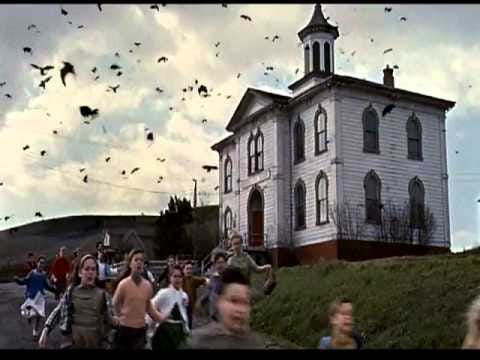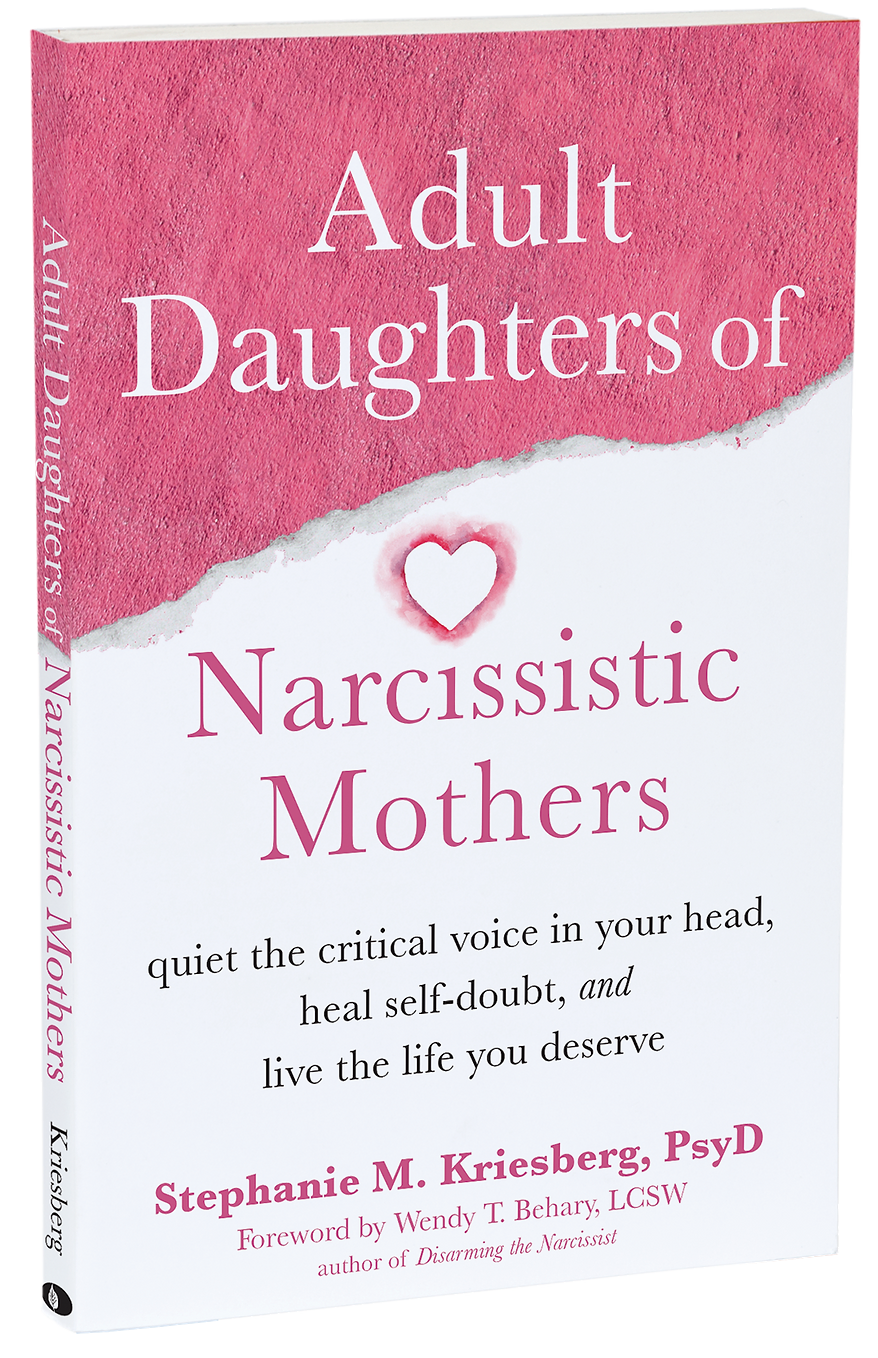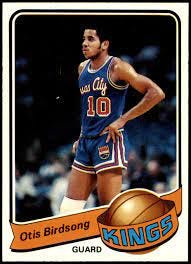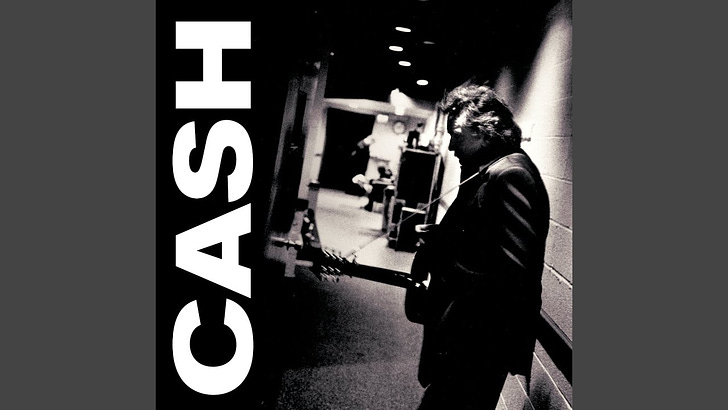

Discover more from Depresh Mode
Birds make you feel better, narcissist birds probably don't
Also, can Ozempic help treat addiction? Even though that's not the intent? What?
If this enterprise can’t raise enough money from listeners/readers, I swear to God, I’ll turn this show around. Don’t think I won’t, mister. If you’ve already donated, thank you. If not, go here, pick a level that works for you, then select DEPRESH MODE from the list of shows. And thank you.
There’s no room for you in a narcissist’s mirror
This week’s show is about having a mental health condition, narcissistic personality disorder, but it’s also about being in the proximity of someone who has that disorder. It’s about being in the vicinity, being in the blast zone, soaking up the aftermath.
My guest is Dr. Stephanie Kriesberg, author of Adult Daughters of Narcissistic Mothers. She unpacks the definition of NPD and differentiates it from having some narcissistic tendencies. For instance, maybe you have a big ego about your golf game and you’re not particularly sensitive to other people while on the course. If that’s all limited to the golf course, that’s just being a bit of a golf jerk. If it pervades all aspects of one’s life, where you are entirely self-based all the time and demands, explicitly or implicitly, that’s more a sign of a disorder.
She also talks about some of the key characteristics of adult children of narcissistic parents. If you were raised by someone with NPD, you’re more likely to ruminate and constantly second-guess all your decisions and actions. The parent’s voice is stuck in your head and on some level you’re always hearing their opinions and judgments. That’s because when you were growing up, you were taught that the NPD parent is the only one in the equation that matters at all and thus you were never taught to rely on your own capabilities.
And are children of NPD parents more likely to be depressed or anxious themselves? Damn right they are
.
Birds and bird songs can help your mental health
This according to the findings of what sounds like it was a very pleasant study.
Over the course of two weeks, the participants, from the UK, Europe, the US, China and Australia, were prompted at random intervals to record how they were feeling, including whether they were happy or stressed, whether they could see trees, and whether they could see or hear birds.
The researchers found that participants’ average mental wellbeing scores increased when they saw or heard birds, including among those who disclosed they had been diagnosed with depression.
This beneficial effect also lasted beyond the moment of encountering birds, with higher levels of mental wellbeing noted by participants who did not see or hear birds the next time they recorded their mood.
The downside was that in subsequent monitoring, the subjects who were not seeing and hearing birds had a decline in their mental well-being.
Counterargument:
Minor annoyances that become a huge friggin’ deal because they trigger memories of something traumatic from childhood
And do we wish to be obsessed with our childhood traumas? No, thank you, it would be nice not to be. But do we need to acknowledge and process our traumas at some point? Yeah, afraid so.
Psychology Today has a list of ten of these triggering moments. Go ahead and explore! Find your favorite! Here’s the first one:
1. Being cut off in traffic or line can trigger the wound of being pushed aside like you do not matter or are not seen/valued. This one is so common that we could be an outlier if this didn't bother us. But while most people find it annoying due to the disrespect and entitlement aspect, they are able to recognize that the arrogant behavior was more about the other person and less about them. Others, especially those whose childhood wounds were activated, become extremely upset–even enraged. This is because they internalized the behavior, bringing up feelings of not being seen or heard in childhood, being pushed aside, or being walked over.
Ozempic as an anti-addiction drug?
Something about the phrase “anti-addiction drug” already seems troubling to me. But I’m not a scientist, I’m just a guy in my own house typing this thing to you. The Atlantic reports that Ozempic, the drug being increasingly used for weight loss, is showing some efficacy at curbing addictive behavior.
Earlier this year, she began taking semaglutide, also known as Wegovy, after being prescribed the drug for weight loss. (Colloquially, it is often referred to as Ozempic, though that is technically just the brand name for semaglutide that is marketed for diabetes treatment.) Her food thoughts quieted down. She lost weight. But most surprisingly, she walked out of Target one day and realized her cart contained only the four things she came to buy. "I've never done that before," she said. The desire to shop had slipped away. The desire to drink, extinguished once, did not rush in as a replacement either. For the first time — perhaps the first time in her whole life — all of her cravings and impulses were gone. It was like a switch had flipped in her brain.













